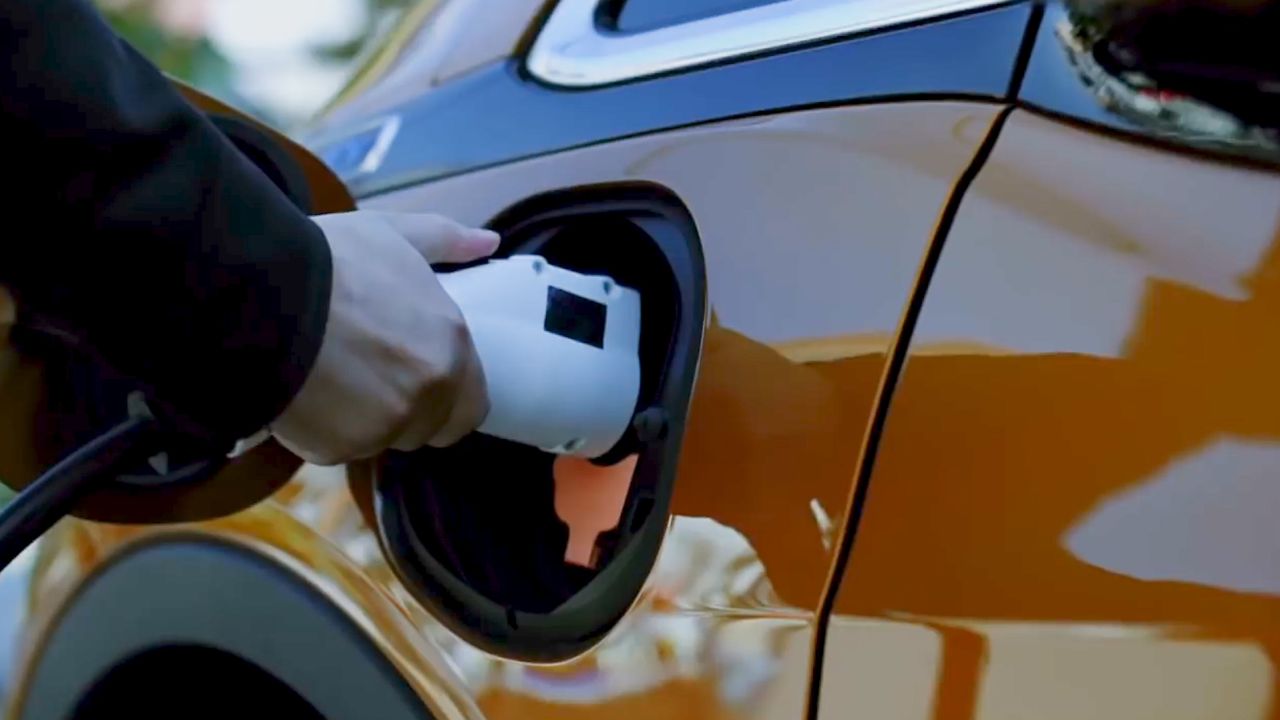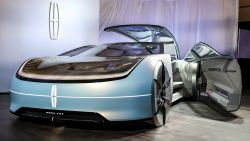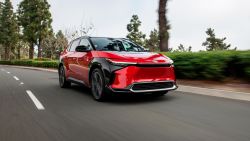The world’s largest carmakers are facing a critical shortage of semiconductors that threatens to hamstring production just as the industry tries to stage a comeback from a sales slump caused by the pandemic.
Volkswagen (VLKAF), Ford (F), Fiat Chrysler (FCAU) and Nissan (NSANF) are among major automakers suffering from the global shortage of chips, which are used in a growing number of applications, including driver assistance systems and navigation control. The average car has between 50 to 150 chips.
Volkswagen said in a statement last month that it will need to adapt production at plants in China, North America and Europe this quarter. The changes will affect production of the bestselling VW Golf, as well as models from its Audi, Skoda and Seat brands.
According to UBS analysts, the world’s largest carmaker could lose out on production of 100,000 units in the first three months of the year, or roughly 4% of global quarterly output, as a result of the components shortages.
“We are doing everything in our power to minimize lost production and to ensure that normal deliveries to customers can be resumed as rapidly as possible,” Volkswagen Group purchasing manager Murat Aksel said in a statement on December 18.
A Volkswagen spokesperson told CNN Business on Tuesday that the situation remains difficult. But it’s not possible to quantify the impact at this stage, the spokesperson added.
Ford halted production this week at its Louisville, Kentucky assembly plant, which builds the Escape and Corsair, as a result of the semiconductor shortage. The company said in a statement on Monday that it is working closely with suppliers and prioritizing “key vehicle lines for production.”
Fiat Chrysler said it will delay the restart of production following a scheduled break at its Toluca, Mexico plant, which builds the Jeep Compass. It will also schedule downtime at its Canadian plant in Ontario, which produces the Chrysler 300, Dodge Charger and Dodge Challenger.
“This will minimize the impact of the current semiconductor shortage while ensuring we maintain production at our other North American plants,” the company, which is set to merge with PSA Group this month, said in a statement.
Japanese carmakers Honda and Nissan confirmed that they too are facing supply issues, but declined to quantify the impact. Nikkei, a Japanese business publication, reported last week that Honda will slash production by about 4,000 units this month, mainly affecting the Fit subcompact manufactured at its Suzuka plant. Honda said in a statement on Tuesday that the factory is running normally at present.
The disruption comes at a crucial time for carmakers, which suffered a collapse in sales in the early months of the pandemic, yet remain under intense pressure from global regulators to invest heavily in electric cars. Research firm Bernstein estimates global light vehicle sales will grow 9% in 2021, following an expected 15% decline last year.
A chip shortage
The supply chain bottleneck could end up hurting business. A much stronger than expected recovery in sales and production volumes has contributed to the crunch, but carmakers risk missing out on the demand uplift if assembly lines slow.
When the pandemic forced automakers to temporarily shutter factories last year, leading semiconductor manufacturers reassigned production capacity to companies making smartphones, laptops and gaming devices.
“With lead times of six to nine months, the semiconductor industry has not been able to scale up fast enough to meet this unexpected growth in automotive demand,” parts supplier Continental (CTTAF) said in a statement sent to CNN Business on Tuesday.
The bottlenecks are expected to continue “well into 2021, causing major disruptions in Continental’s production.” The company said that an internal task force supervised by senior management is managing the “critical situation.”
Automakers account for only about 12% of all semiconductor demand globally, putting them in relatively weak purchasing position, said Arndt Ellinghorst, a senior analyst at Bernstein.
Bosch, the world’s largest car parts supplier, said in a statement Tuesday that it is doing “all it can” to keep customers supplied. “In this respect, we are in close daily contact with our suppliers and customers,” it added.
BMW said it has not yet had to contend with interruptions to production but is in “constant contact” with its suppliers. General Motors (GM) and France’s Renault (RNLSY)said they are working with suppliers to mitigate the impacton production, while Daimler (DDAIF)-owned Mercedes-Benz said it is “monitoring the situation.”
The supply crunch should be alleviated by the second quarter, Ellinghorst told CNN Business. But it will take longer for the industry to recover from the pandemic.
Global vehicle production is not expected to return to its 2019 level before 2022, Ellinghorst said.
— Chris Isidore contributed reporting.
























